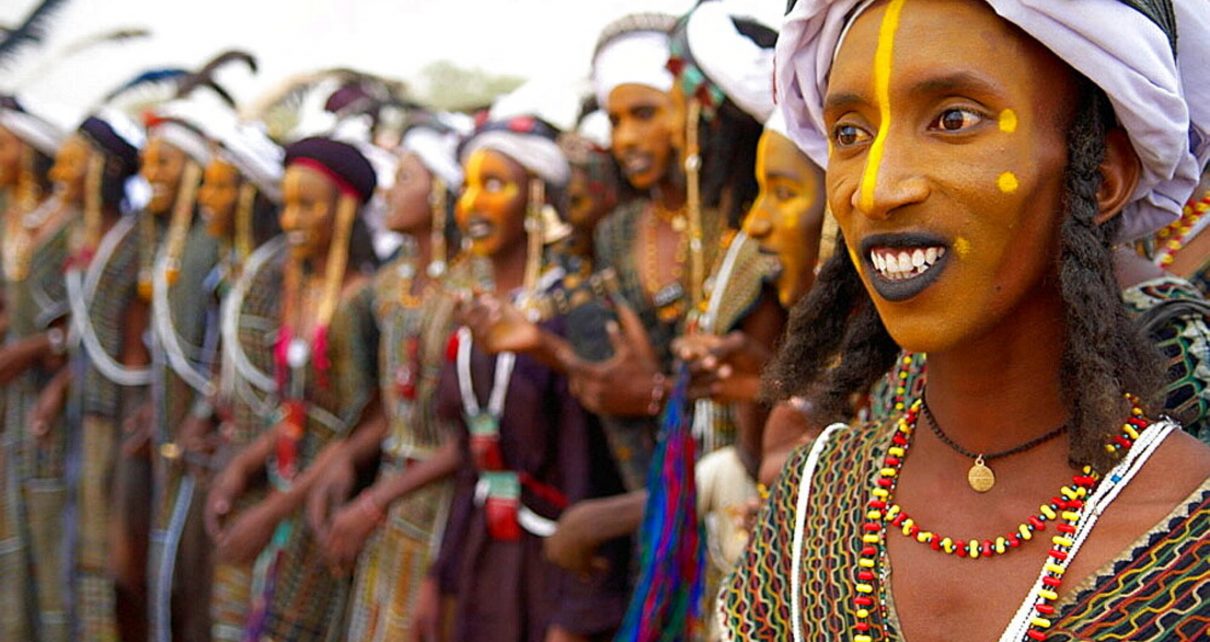
wole.olaoye@gmail.com
I begin by clearing some cobwebs. The Fulani that many southern Nigerians knew and affectionately interacted with for decades are different from the variant of the tribe committing sundry violent crimes today. When the AK47-wielding herders came on the scene and motley ethnic groups were falling over each other to support them and lampoon their victims, I did warn that grievous damage was being done to the Fulani brand because everything happening was totally at variance with the previous perception of the Fulani as a contented, hardworking and peace loving lot.
If I was Fulani, I would have denounced those violent nomads for what they were. I would have screamed, “Not in my name!”
The road to ethnic profiling is a long one indeed. Profiling is generally defined as the recording and analysis of a person’s psychological and behavioural characteristics, so as to assess or predict their capabilities in a certain sphere. Truth be told, the inaction or acquiescence of those who ought to have spoken up to disown the savage crimes initially attributed to Francophone Fulani, helped in no small measure to reinforce the perception that there was a Fulani agenda to decimate and ride roughshod over southern towns and villages. The Fulani brand began to be assailed from every conceivable angle.
Many of the surviving victims pooh-poohed the claim by pro-Fulani groups that the ECOWAS treaty permitted herdsmen from other countries in the sub-region to graze their cattle in Nigeria. Why not in Ghana, or Benin or Togo or Cote d’Ivoire, people wondered aloud. Whatever became of Nigeria’s sovereignty and the inviolability of its borders?
This new threat was totally different from past skirmishes between herders and farmers. It was beginning to look like levying war against other ethnic nationalities. Bad news travels fast. In this era of social media, most of the gruesome details of violent attacks popped up on people’s phones with such rapidity that the general feeling was that if the government could not stop the killers, the local people would. And with the perception that the Nigerian Fulani who had hitherto had mutually beneficial relationships with many other communities in Nigeria were supporting their kin from other countries to the detriment of Nigerian towns and villages, the lines between local and foreign herdsmen became blurred and every herdsman was tarred with the same brush.
As a Public Relations practitioner whose job includes looking after other people’s reputation (with the aim of earning understanding and influencing opinion and behaviour in such a way as to establish and maintain goodwill and mutual understanding between them and their publics), I was curious to see if my countrymen and women were taking notice of the change in how the Fulani herder was perceived by the sundry peoples outside the North.
Perception is everything — or almost. Perception is how we think about other people, situations, events, on account of the stimuli we receive and thoughts and feelings we have about them. We may not be right all the time, but that doesn’t count in the heat of accusations and counter-accusations. The clarion call seemed to be, ‘To thy tribes, o countrymen’. Nobody cared to even attempt to manage the trending perception as if perception management was a discipline alien to our shores.
Thankfully, some notable voices of reason have waded in with the right depth of intellectual rigour needed to navigate this totally avoidable fratricidal war. Talk is cheap. It is not what a person says that matters but what he does.
Governor Abdullahi Ganduje of Kano State who holds a PhD in Public Administration from the University of Ibadan, stands out as a Fulani man who wants to use the planks of strife that others perceive as an obstacle to build bridges of prosperity. He knows that cattle rearing is big business and that the practice of wandering the wilderness in search of grass is outdated. He is therefore building a massive ranch in addition to existing ones — Tiga Cattle Ranch located closely to Tiga Dam; Dambatta Cattle Ranch; Kadawa Cattle Ranch; Dangora Cattle Ranch, Bagauda Cattle Ranch; Bunkure Cattle Ranch and Rano Cattle Ranch.
The governor called on all Fulani herdsmen resident in other parts of the country to relocate to Kano since the state has vast grazing land to accommodate them and their cattle. He recommended a nationwide ban on open grazing because it was outdated, less economical and prone to conflict generation. Analysts and public commentators alike see Ganduje’s suggestion as the answer to the intractable problem of ethnic profiling, hate vending and fratricidal conflicts which can potentially dismember the country.
In the same visionary boat with Ganduje is Engineer Mohammed Abba Gana who served as Minister of the Federal Capital Territory under President Obasanjo. Worried by the misbranding of the Fulani as terrorists, he took it upon himself to educate the world and also chastise the Fulani elite for leaving their brothers behind in a primitive preoccupation.
Abba Gana identifies three distinct groups of Fulani:
The settled and well integrated/assimilated Fulanis
The herdsmen or nomads
The bandits who are a new phenomenon
He reels off names of very successful Fulani men who have excelled in their chosen professions and contributed to Nigeria’s development: Alhaji Ahmed Joda; Alhaji Musa Bello; Prof. Iya Abubakar; Prof. Jubril Aminu; late Brigadier Zakaria Maimalari (first Sandhurst-trained military officer in the Nigerian Army); Alhaji Bamanga Tukur; Alhaji Bukar Abba Ibrahim, among many other successful members of the clan.
Gana believes that the nomadic Fulani trekking from the far north to the South in search of pasture represent “a wasted generation”. In his view, “We must settle them along with their cattle and educate them and train them to be part of the human civilisation… It is a matter of regret that the political elite, particularly from the northern part of Nigeria, have allowed the nomadic Fulanis to live in their wild, ancient and unprogressive culture outside the human civilisation and now causing tension and threatening national security.”
So, what is to be done?
Abba Gana’s exhortation: “The time has come for all the settled Fulanis of distinction to join other patriots of distinction and the Federal Government along the state governments to give support to the National Assembly’s ban on this ancient nomadic culture, which has now generated so much base sentiments causing political instability.
“The real nomadic Fulani is friendly, simple minded, witty and intelligent and they know everything about the cattle and the forest they live in. They do not make many demands from the governments at all levels as a matter of right once they have water and vegetation for the cattle to feed. Because they are always on the move and mostly in the forests, they are missing the opportunity in getting education, scholarship, science, technology, the arts , etc. And so, cannot contribute to human progress and civilisation unlike their settled cousins who are highly integrated/assimilated through long periods of inter ethnic, marriages, commerce, trade and education and cultural diversification…
“It’s unkind and even costly for the rest of human civilisation to leave them behind. About 75% of Nigeria’s landmass is in the 19 states of the North and FCT… And the 17 states of the southern part live on the 25%… Even this 25% is threatened by oil exploration, oil spilling, ocean surge or rising sea levels because of climate change and also gully erosion, diminishing a lot of available land. As a result of misplaced priorities and absence of good governance for a long time in the northern part, some of the northern states could not stop the devastating desert encroachment in good time. From now on, aggressive afforestation/reforestation must be also a priority of the far north states.”
The third and last group of Fulanis, according to Abba Gana’s classification, are those involved in widespread banditry and kidnapping. He reckons they are not large in number. Since banditry and kidnapping are criminal acts under the law, he thinks the matter is settled. Bandits should be served justice according to the laws of the land. I cannot agree more!
If and when Nigeria navigates its way away from the avoidable precipice of inter-ethnic war and hate mongering — and the Fulani brand is thereby positively re-invented, it will be thanks to people like Abdullahi Ganduje and Abba Gana who played the role of pathfinding statesmen in the heat of blame-shifting and outright high level ‘ostrich-ing’.


